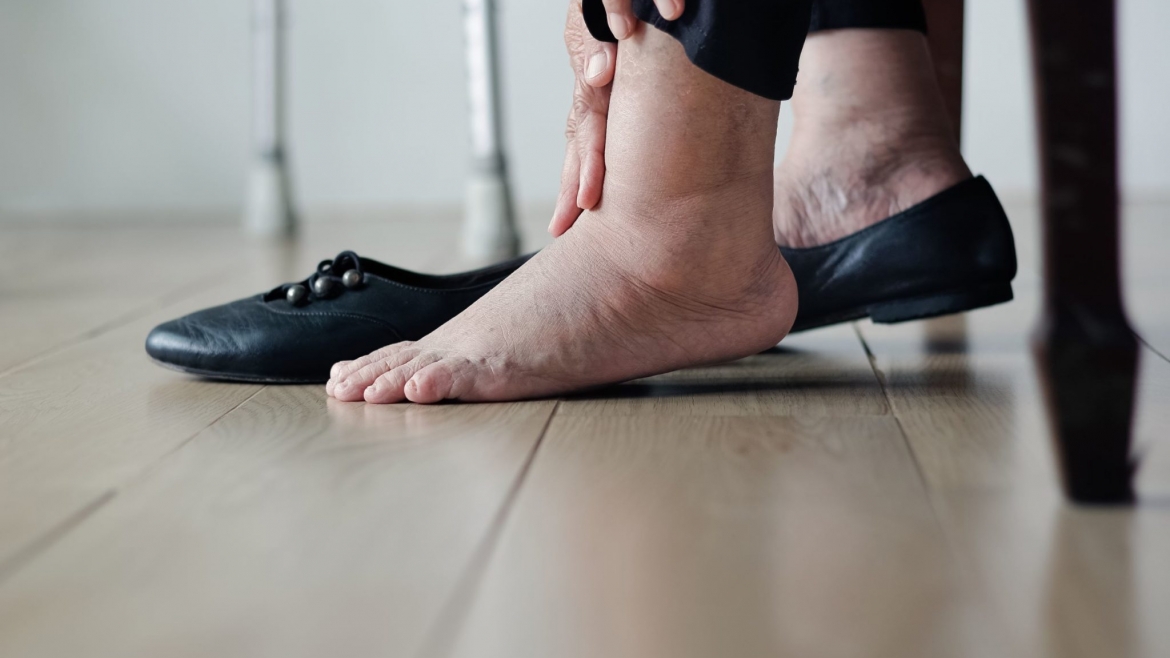Did you know that Leading Edge Senior Care has a Dementia Support Group? We meet monthly in Mesa. For more details <click here>
Fluid Buildup & Seniors with Congestive Heart Failure
Fluid buildup and seniors with congestive heart failure is a serious matter. Heart failure, which is also known as congestive heart failure, happens when the heart muscle doesn’t pump blood well enough. When this occurs, blood typically backs up and fluid can accumulate in the lungs, making it difficult to breathe.
Overview
Over time, some heart conditions, such as coronary artery disease or high blood pressure, can make the heart too weak or stiff to function properly. With proper treatment though, many people see an improvement in symptoms and may even extend their life expectancy. Although lifestyle changes can lessen your symptoms, heart failure can still be dangerous. Some people with heart failure may need a ventricular assist device or even a heart transplant.
Seniors & Congestive Heart Failure
Heart failure can be warded off by managing conditions that often lead to it, including coronary artery disease, high blood pressure, diabetes, and obesity.
Heart failure signs and symptoms may include:
- Difficulty breathing when participating in activities or lying down.
- Constant fatigue and weakness.
- Swelling in the legs, ankles, and feet – retaining of fluids(this is serious.)
- Rapid or irregular heartbeat.
- Reduced ability to walk or have any physical activity.
- Persistent cough or wheezing even while sitting.
- Swelling of the abdomen.
- Very rapid weight gain from fluid buildup.
- Nausea and/or lack of appetite.
What Can Be Done for Seniors with Fluid Buildup?
Every single drop of fluids matters, down to the ice. The idea, of drinking as much water to stay hydrated and be healthy is common unless you have congestive heart failure. In fact, this ideology may put you in the hospital. You need to begin measuring every single drop of liquid you intake daily. Yes, as we mentioned down to the ice.
In addition to charting your liquid intake, movement is paramount. We are not talking about hiking, cross fit, or aerobics. In many cases, we are talking about simple walks. Parking your car further away. Not being dropped off in front of stores or the doctor’s office. Movement, every day is key. Without it, all your charting is for not.
A caregiver plays a key role in this process. From your liquid intake to daily exercise(movement), to maybe the most important, medication. Medication from several different doctors for different issues doesn’t always work in harmony. Doctors and all the advancements we have made in medicine communication are lacking. Your caregiver is your advocate. They need to be working on your behalf to ensure that each doctor, specialist, or facility understands the meds you are taking and how they may affect one another. If not blood pressure could spike, heart palpitations, and more. We trust our doctors, but our caregivers can ensure we are safe!

